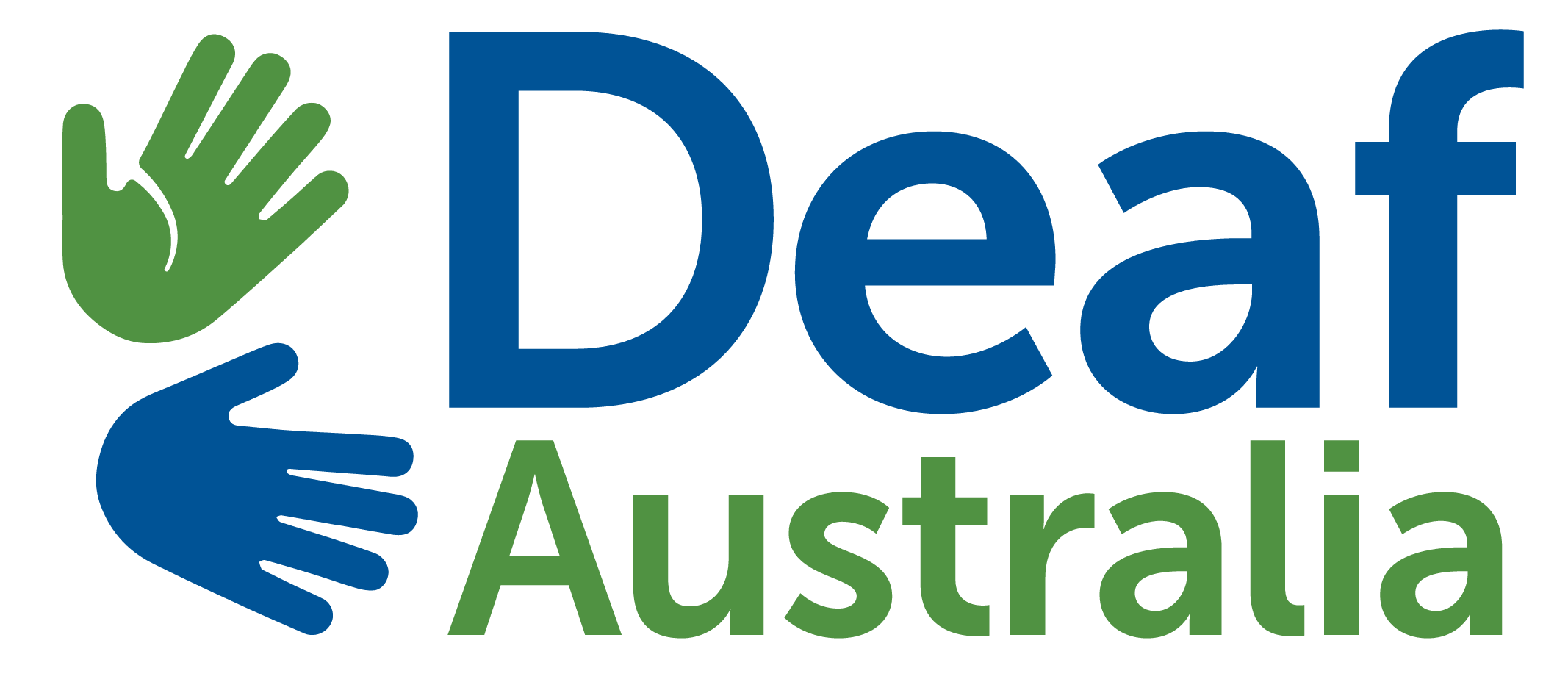No products in the cart.
L to R: Phil Harper (ACE), Wayne Hawkins (ACCAN), Todd Wright (Deaf Australia), Karen Peltz Strauss, Andrew Stewart (Deafness Forum), Johanna Plante (ACCAN), Karen Lloyd (Deaf Australia), Clinton Parker (ACE), Sharon Everson (AFDS), Brett Casey (AFDS).
The day before the M-Enabling Conference, Phil Harper organised, and Australian Communication Exchange sponsored, a roundtable meeting of invited people to meet with Karen Peltz Strauss who was one of the keynote presenters at the conference.
Karen Peltz Strauss is an American expert on telecommunications for disabled people, particularly Deaf people. It was a very informative meeting and gave us some good information on how the Americans do their advocacy. They have strong legislation – in particular the 21st Century Communications and Video Accessibility Act http://transition.fcc.gov/cgb/dro/cvaa.html
Other useful things Karen told us were:
- Pretty much everything now has to be captioned in the USA, including on the internet – if something is shown on TV and then on the internet, the internet version must have captions.
- TV emergency broadcasts – information must be visually and audibly accessible.
- TV captioning for emergency situations – rules are separate and tougher for quality than for normal TV captioning.
- Deaf advocates in America work with industry to arrive at agreed solutions on issues and then take the proposed solution/law to government for them to enable, enact etc. Karen encouraged us to follow this model and work more with industry.
- We discussed the problems with cinema captioning including that the community doesn’t like Captiview and wants open captions on screen. Karen said they have the same problem in the USA, the cinema industry does not want open captions. She believes the problem will only be solved by legislation.
- We discussed SMS emergency access. Even though in Australia we now have an SMS relay service that can be used to call for emergency services, the SMS goes through a third person (the NRS) and is not a direct connection to 000. Karen said they have this problem in the USA too. She believes that direct SMS contact with 000 (911 in the USA) needs to happen for everyone. She said there were reports in the USA that during a recent shooting incident young people were using SMS to try to call emergency services (911) – they assumed they could use SMS to do this and didn’t realise their SMS messages were not being received by anyone.
Ms Peltz Strauss gave us some very good advice about advocacy generally and in the communications area in particular. Key messages:
- Work with industry – get industry on-side and then approach government and regulators together with an agreed position.
- Identify clear campaign positions and then bring in other organisations to support your position.

